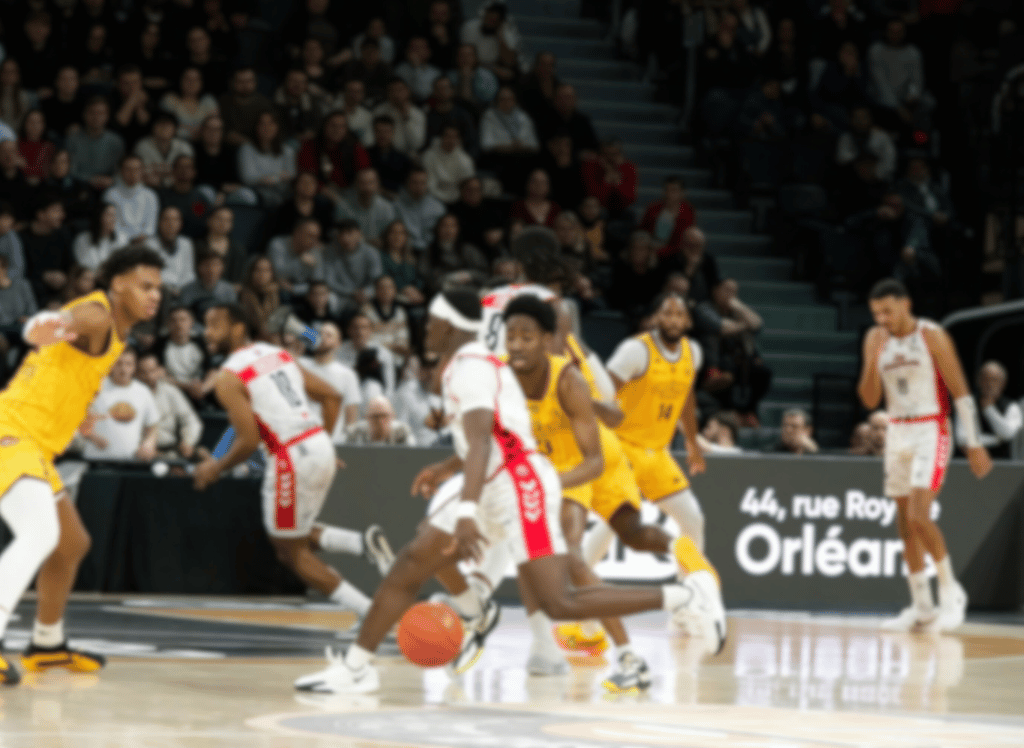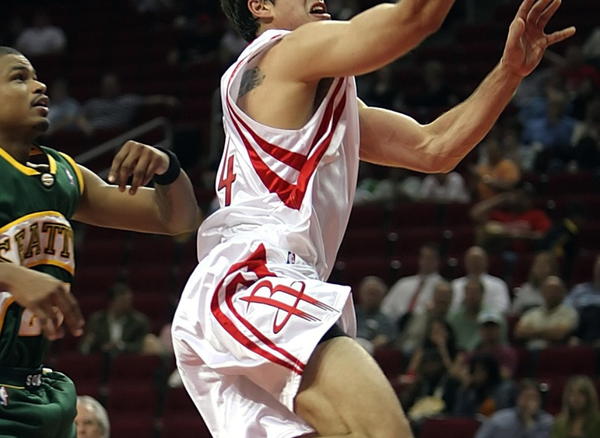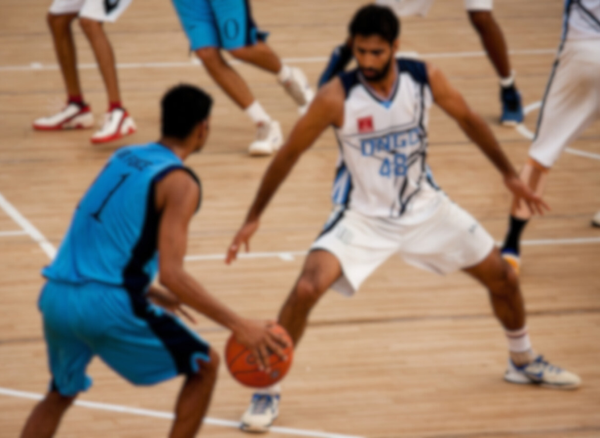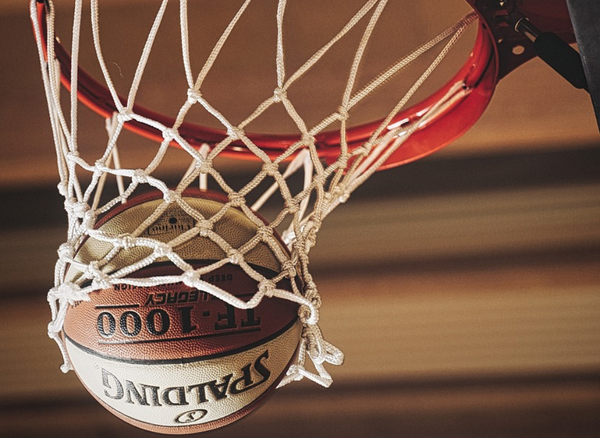Basketball is a game of grace, skill, and occasionally, a bit of sneaky business that can get you whistled faster than you can say "What did I do?". One such sneaky move is the infamous moving pick.
What is a moving pick in basketball?
A moving pick is when a player who is setting a screen moves or shuffles their feet while the ball handler is using them as a shield. This results in an offensive foul and possession being awarded to the other team.
Well, it's like trying to sneak a cookie from the jar but the jar has a built-in alarm – it's an illegal screen that's bound to get you caught!
Imagine you're the point guard, the maestro of the court, and you're trying to create space for that sweet three-point shot. You signal to your teammate, the screener, to set up a blockade. But instead of standing still like a statue, your buddy decides to do the cha-cha slide right into the defender. Boom! The whistle blows, and it's an offensive foul. That's a moving pick, folks.
The Art of Setting Screens: A How-To (Not) Move Guide
Setting screens is like trying to help a friend sneak into a party – you've got to be smooth and stationary.
The ball handler then uses this human shield to shake off their defender and get that open space they so desperately crave.
But here's the kicker: if the screener decides to take a stroll or even a slight lean in the direction of the oncoming defender, it's a no-go. That's right, no moving, no shuffling feet, no leaning in to whisper sweet nothings into the defender's ear. The screening player must be as immovable as that one guy at the party who refuses to leave the snack table.
Watching for Illegal Contact
Referees have this uncanny ability to spot illegal screens like they have a sixth sense for mischief. They're on the lookout for any screening player who thinks they can get away with a little nudge or a hip check. The moment the screener's feet start to dance or their body leans into a moving opponent, the ref's whistle is ready to sing the song of illegal contact.
It's a matter of fairness, really. The defense reacts to the offense's moves, and if the offense is pulling a fast one with a moving screen, it throws off the whole balance of the game. It's like trying to play tag but the person who's 'it' keeps changing the rules. Not cool, screener, not cool.
Consequences of Moving Screen
So what happens when you get caught setting a moving pick? It's not just a slap on the wrist and a "don't do it again, buddy". No, it's an offensive foul, and the ball gets turned over to the other team. It's like getting caught with your hand in the cookie jar and then having to watch someone else eat the cookie. Painful, right?
Coaches drill it into players' heads: "Remain stationary! Protect the vertical plane!" But sometimes, in the heat of the game, players get antsy. They want to do more than just stand there; they want to be part of the action. But alas, setting a moving pick is a surefire way to become the villain in the story of the game.
Tips for a Clean Screen
To avoid the dreaded whistle, the screener must be as still as a statue. Think of it as playing a game of red light, green light with the defense. When it's time to set that screen, it's a big red light. No moving, no shifting, no rolling until the ball handler has used your screen and you're clear to move.
And here's a pro tip: keep your arms close to your body. Extending your arms is like asking the ref to call you out. Keep everything tight, like you're squeezing through a crowd to get to the front of the concert. Make yourself a solid, legal obstacle, not a moving target.
Making the Most of Your Picks
Ball screens are a strategic masterpiece when done right. The point guard dribbles towards the screener, who's set up camp just outside the three-point line. As the defender is caught off guard, the ball handler has a moment of open space to either take the shot or make the entry pass to a teammate cutting to the basket.
But the beauty of the ball screen is in its legality. The screener must be as unmovable as a bouncer at the club door. They provide the room for their teammate to maneuver without causing an illegal pick. It's a dance of precision and restraint, a ballet where one wrong move can turn the performance into a comedy of errors.
Teaching the Fine Line of Screen Setting
Coaches have the delightful task of teaching players how to set screens without turning them into human bulldozers. It's a fine line between being a helpful teammate and the guy who gets called for an offensive foul every other play. Coaches preach the gospel of "feet set, body still" until players can do it in their sleep.
But let's be real, sometimes players get a little too enthusiastic. They see their teammate trying to score and think, "I'll just give that defender a little nudge." And that's when the coach's face turns the color of the opposing team's jerseys. It's a constant battle between teaching the right technique and reminding players that illegal screens are not part of the game plan.
Moving Pick FAQs
Please feel free to browse through our Frequently Asked Questions section on moving screens.
Can a moving pick be called on a defensive player?
No, a moving pick is an offensive foul. It's like blaming the cookie jar for tempting you – it just doesn't make sense.
How can a player avoid committing a moving pick?
Think like a statue – remain stationary, keep your feet still, and don't lean or extend your limbs. Basically, pretend you're in a game of freeze tag and you're frozen solid.
What's the difference between a legal screen and a moving pick?
A legal screen is like holding the door open for someone – you're stationary and helpful. A moving pick is like trying to hold the door open while also running through it – it's messy and you're bound to bump into someone.
Summary
In the wild world of basketball, the moving pick is the party foul that no one wants to commit. It's the difference between being a strategic genius and the person who just cost your team possession. Remember, setting a screen is like being a mime – if you move, you're doing it wrong. Keep those feet planted, and you'll be the unsung hero who helps your teammates shine without the ref's whistle ruining the moment.









